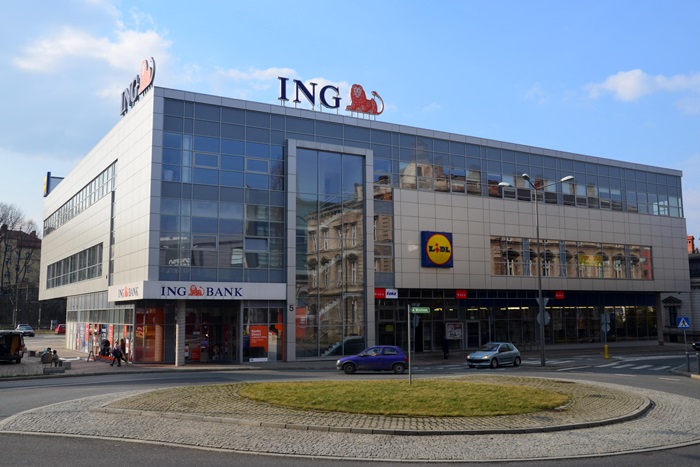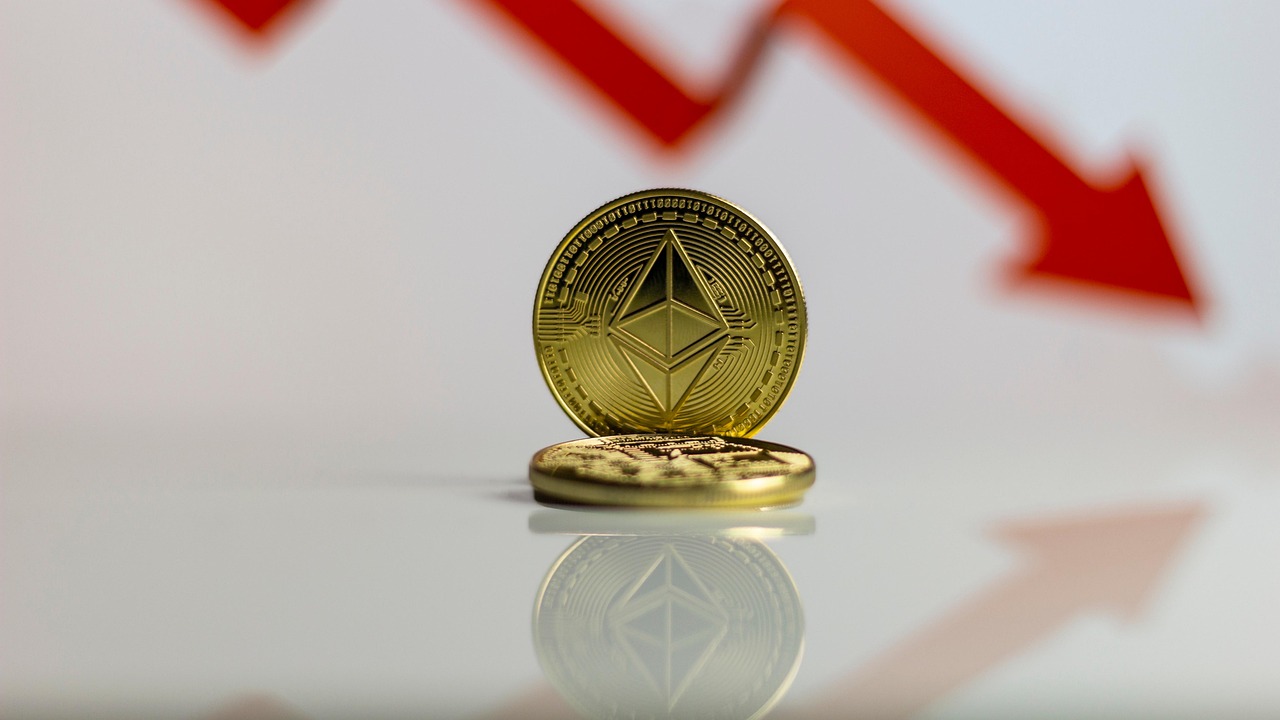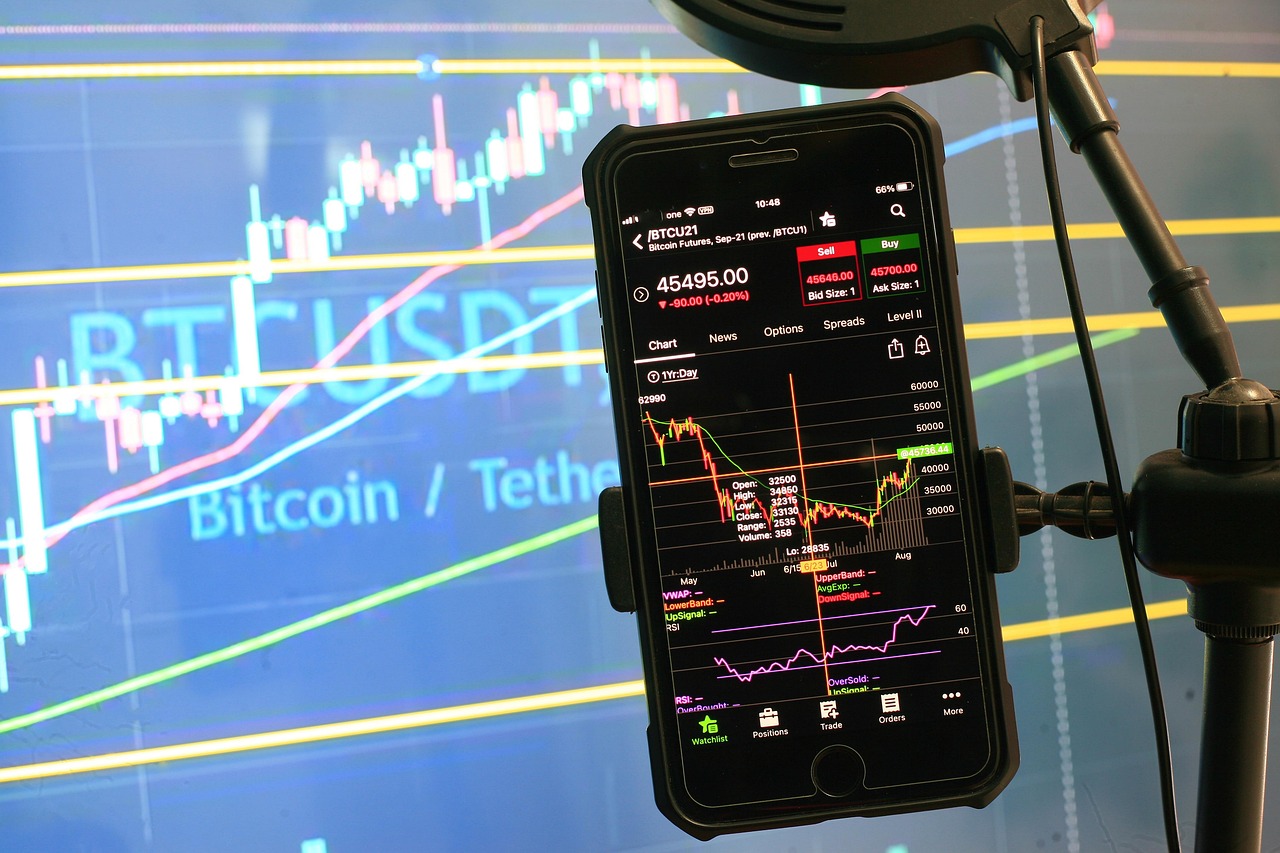Netherland-based multinational banking firm ING is reportedly developing a technology that would provide clients the option to safely store digital assets. The custody project is purportedly in its early stages and being tested in Amsterdam.
It’s also one of several blockchain projects of ING, a testament to the company’s desire to enter the crypto space and entice institutional investors to join the emerging market. ING told Reuters that it “sees increasing opportunities with regard to digital assets on both asset-backed and native security tokens.”
Blockchain and digital ledger technology are seeing a massive adoption in the financial sector as institutions believe this can streamline their transactions and save millions of operational costs. ING itself has been partnering with other blockchain firms in an attempt to expedite this adoption and bring in more clients into the sector.
Zero-proof knowledge
In January, ING entered into a five-year agreement with blockchain firm R3 to use the Corda Enterprise platform. In October, the bank proposed an upgrade to R3’s Corda that would further strengthen the security and privacy of data stored in the system.
The solution is the zero-knowledge proof that doesn’t require a validating notary to view all the information within a transaction. Instead, it launches a series of tests to identify specific information within the transaction, partially viewing the data to meet validation requirements.
More firms entering the crypto space
Financial firm Fidelity will also be signing its first crypto exchange by the end of the year – through Fidelity Digital Assets (FDA) – that aims to connect institutional investors to the crypto space. With this new platform, clients can buy, store, sell, and transfer bitcoin in a safe and secure manner.
“Between launching our trading platform five months ago to year-end, we will have more than doubled the number of liquidity providers. We are primarily focused on OTC liquidity providers. It's likely we will connect to our first exchange perhaps before year-end,” said Tom Jessop, president of FDA.
All of these digital transformations is occurring amidst policymakers trying to create a regulatory framework around the crypto industry. Regulators have been hard at work in imposing restrictions in the market to stop illicit activities like fraud, money laundering, and terrorist financing, while also making sure to nurture the growth of the crypto ecosystem.
TokenPost | info@tokenpost.com
























Comment 2